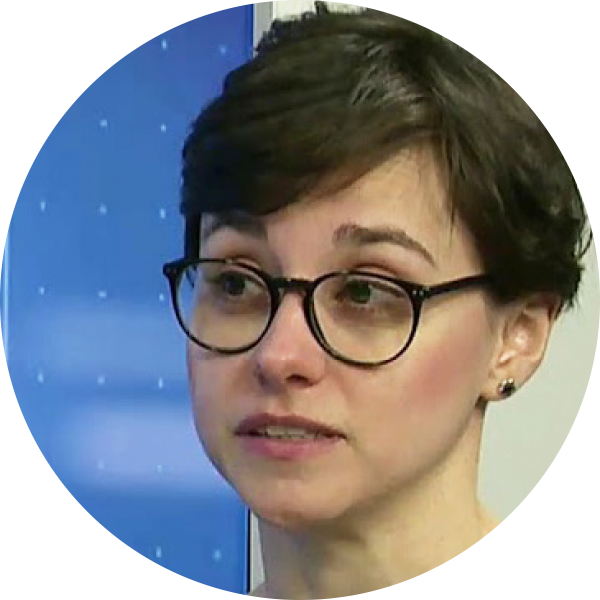Institutii si organizatii internationale
Primary tabs
What is an international organization (IO) and why does it exist? What role do the IOs play in solving global, regional and national problems? How do IOs act next to states and individuals in the processes of global governance? The goal of this course is that students develop a theoretical as well as practical and contextualized understanding of IOs and the global issues they attempt to address. Upon completion of the course, students should be able to articulate the leading explanations within international political studies for how the idea of political institutionalism was born, why IOs exist, the debates concerning the IOs in the context of international relations theory, why they are thought to be helpful in order to solve global problems, the major challenges IOs face in meeting their objectives, as well as their mistakes and wrong moves during certain specific historical moments. At the same time, while the course will focus on the theoretical concerning the IOs, the seminar will concern the contemporary political context in which IOs act and their major stakes.
- International organization as reflected in the political thought (17th – 19th centuries). The perpetual peace projects as models of political international institutionalism.
- Elements of international legalization.
- The IOs in the 20th century, from the perspective of the theories of the international relations and global governance: (neo)liberalism, (neo)realism, constructivism, democratic cosmopolitanism.
- Why do we need international organizations in the global system?
- The Westphalia System and the functionality of international organizations.
- United Nations reform – An Agenda for democratizations.
- The responsibility to protect on the new agenda of the United Nations.
- The international guarantee of the protection of human rights.
- International Criminal Court in the global justice system.
- Multi-polarity and regional organization.
- The international guarantee for the protection of human rights.
- The role of non-governmental organizations in the process of global governance.
Kenneth Abbott, Duncan Snidal, “Why States Act Through Formal International Organizations”, The Journal of Conflict Resolution, 42 (1), 1998, pp. 3-32. John Mearsheimer, ”The false promise of international institutions”, International Security, 19 (3), 1995, pp. 5-49. Allan Buchanan and Robert Keohane,”The Legitimacy of Global Governance Institutions”, Ethics and International Affairs, 20 (4), 2006, pp. 405-438. Michael Barnett and Martha Finnemore, ”The Power of International Organizations” In Perspectives on World Politics, R. Little, B. Smith (eds.), Routledge, 2006, pp. 182-190. David Held, Models of Democracy, Polity, 2008. Boutros Boutros-Ghali, An Agenda for Democratization, 1996. Andrew Hurrell, On Global Order, Oxford University Press, 2007.
